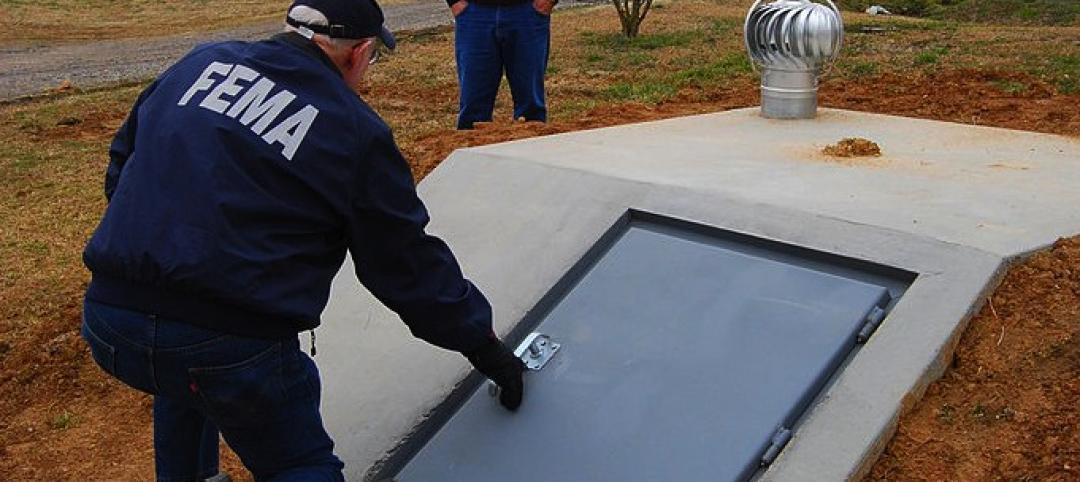New York State’s so-called “Scaffold Law,” which makes construction companies 100% liable for work-site injuries, is under heavy criticism for driving up the cost of construction projects.
Critics say the law will inflate the cost of the Gateway project, a new tunnel underneath the Hudson River for Amtrak and NJ Transit, by up to $300 million, according to a report in the New York Daily News. The law costs taxpayers at least $785 million annually and private businesses that work on public projects $1.49 billion per year, according to a study by SUNY Rockefeller Institute.
By consuming more tax dollars, the law has diminished the city’s ability to create more affordable housing, a housing advocate says. Insurance policies have become much tougher for contractors to obtain, a situation so dire that a coalition of builders on Long Island wants the state to declare “an insurance state of emergency.”
The president of the Building and Construction Trades Council of Greater New York says the law has been effective in preventing injuries and saving lives, and challenged critics to prove that the law has hurt companies’ finances.
Related Stories
Codes and Standards | Feb 2, 2015
AGC working with EPA on website to help with environmental rule compliance
The goal is for the site to be improved to make it easier for construction contractors to learn how to comply with federal and state environmental guidelines.
| Feb 2, 2015
New York law requires informing firefighters of wood truss construction
New York enacted a law that could make firefighting a bit safer by mandating property owners inform government and first-responders when they build or rehabilitate a building using "truss-type" pre-engineered wood or timber.
| Jan 14, 2015
Ontario code changes boost accessibility for people with disabilities
The new amended Ontario building code includes several provisions that improve accessibility for those with disabilities.
| Jan 14, 2015
American Concrete Institute releases Spanish edition of structural concrete code
New York City last year adopted the National Institute of Standards and Technology (NIST) recommendation to require additional exit stairways in high-rise buildings.
| Jan 14, 2015
Terrorism Risk Insurance Act renewed
President Barack Obama signed the Terrorism Risk Insurance Act law on Jan. 12.
| Jan 9, 2015
Academy of Art in San Francisco under fire for code violations
The fast-growing Academy of Art is under intense scrutiny by the City of San Francisco for code violations.
| Jan 9, 2015
New law mandates storm shelters in Illinois schools
An Illinois law took effect on Jan. 1 that requires all new and remodeled schools to have storm shelters.
| Jan 9, 2015
New OSHA regulations on reporting workplace deaths, hospitalizations take effect
As of Jan. 1, all employers under the jurisdiction of OSHA are required to report all work-related fatalities within eight hours and all in-patient hospitalizations, amputations, and losses of an eye within 24 hours.
| Jan 9, 2015
Zoning policy makes Bethesda, Md., a model walkable suburb
In sharp contrast to most suburban communities in the Washington, D.C. area, Bethesda, Md., stands out as a fine exemplar of the new urbanism ethos.
| Jan 8, 2015
Gundersen Health System says it is nation’s first net-zero healthcare network
Gundersen Health System, a network of hospitals, medical clinics, and nursing homes in Wisconsin, announced that it is producing more energy than it consumes, making it the first net-zero energy health system in the U.S.













